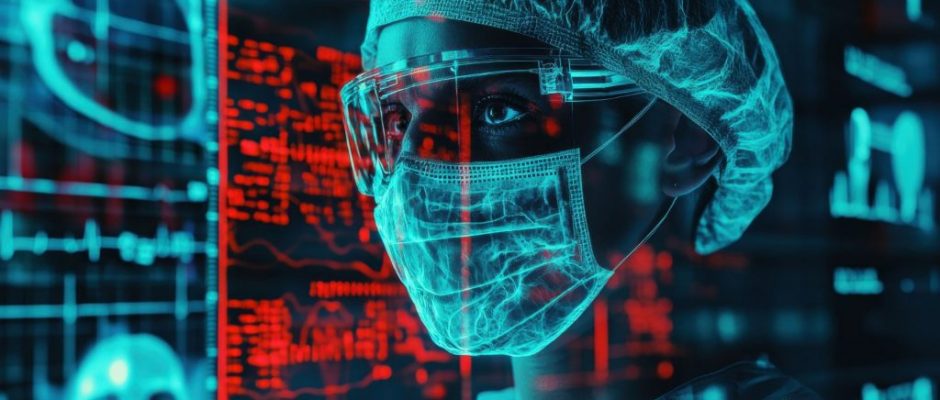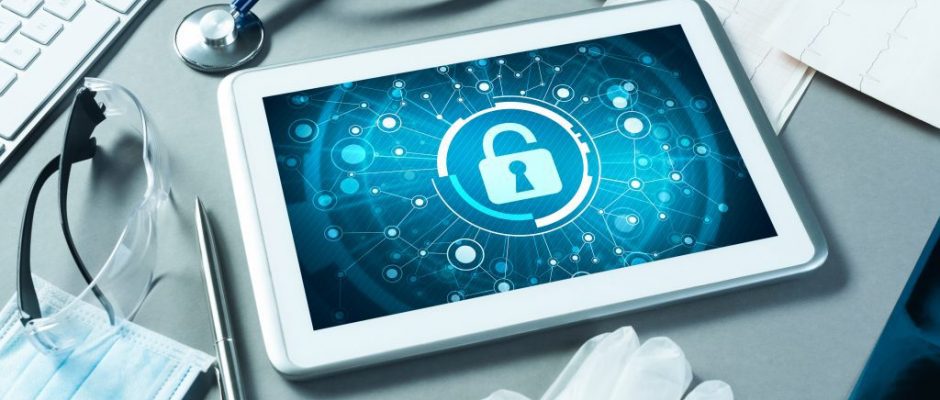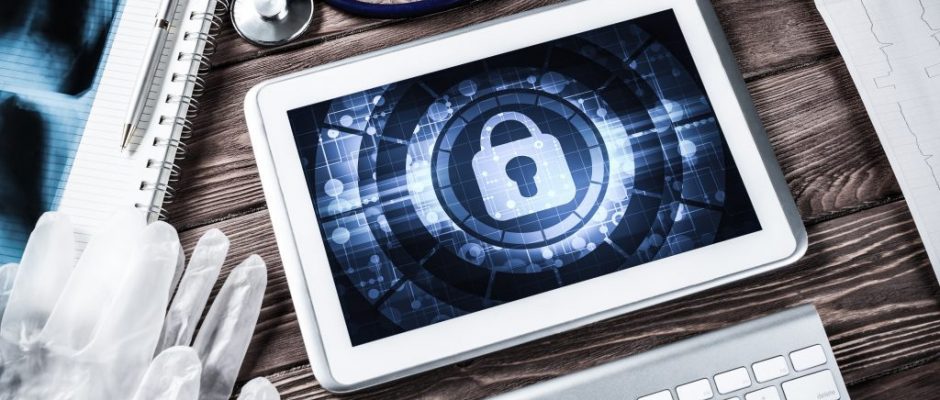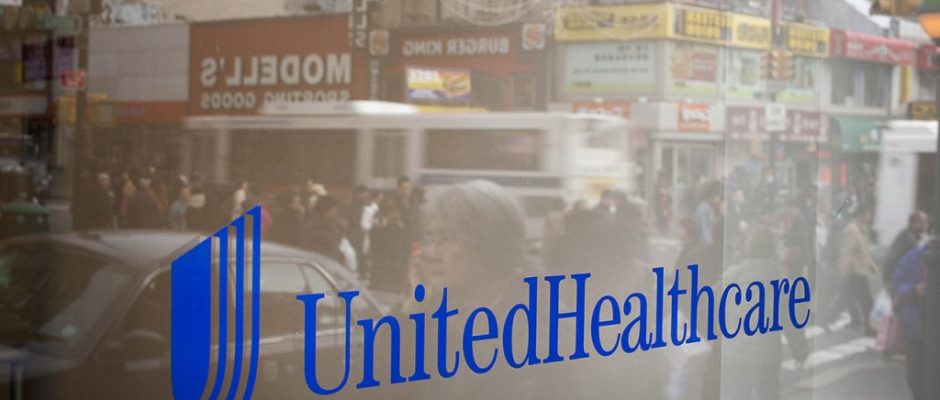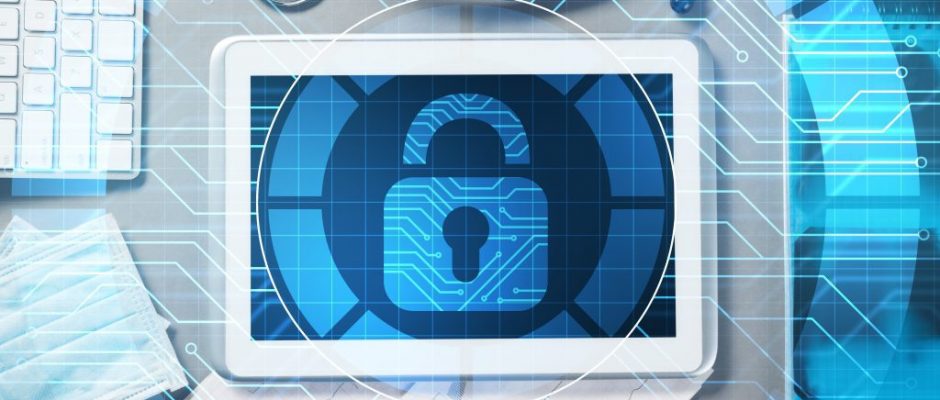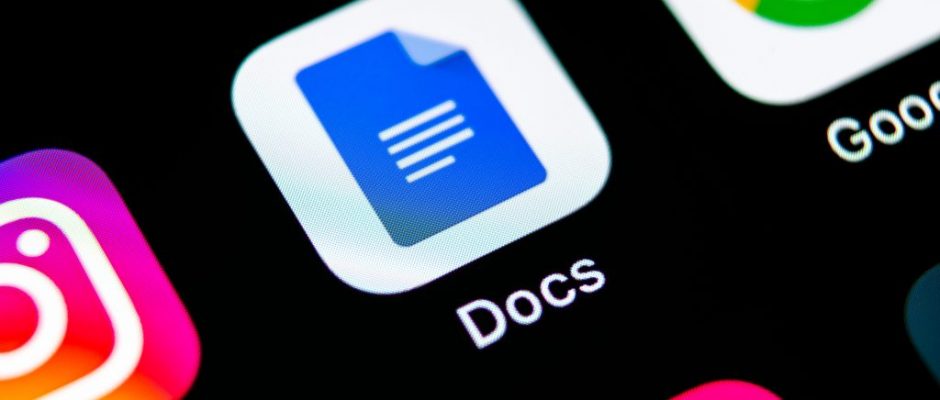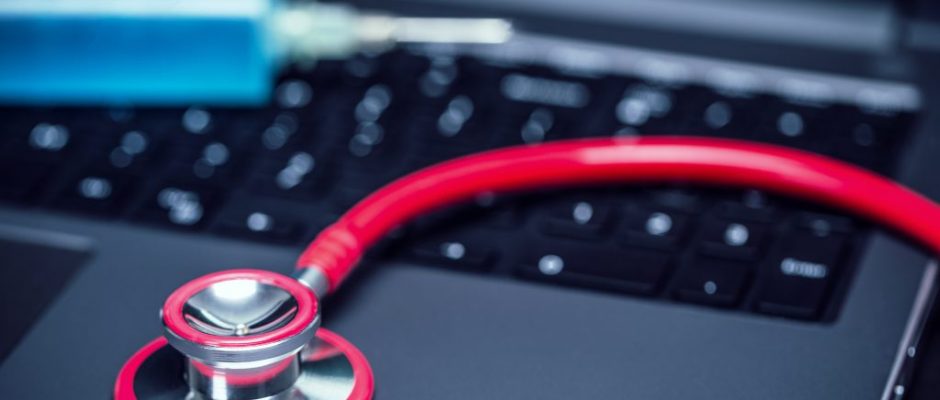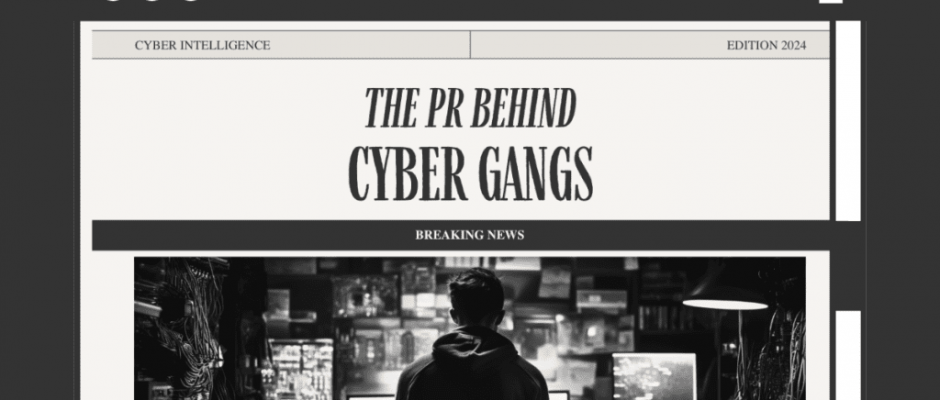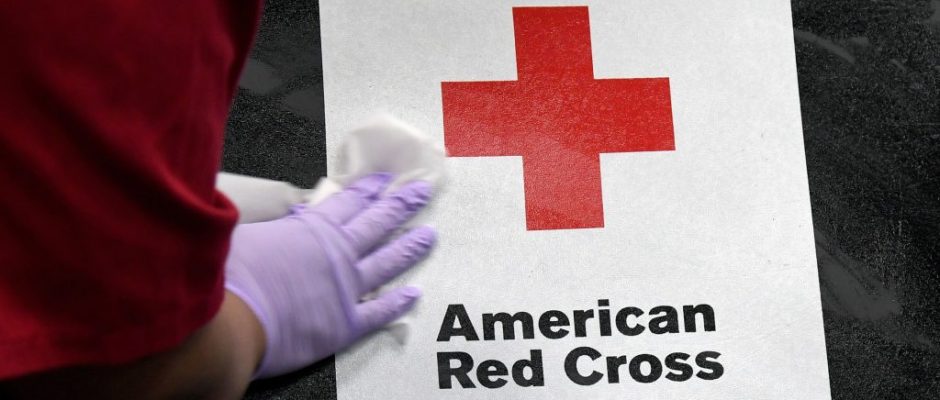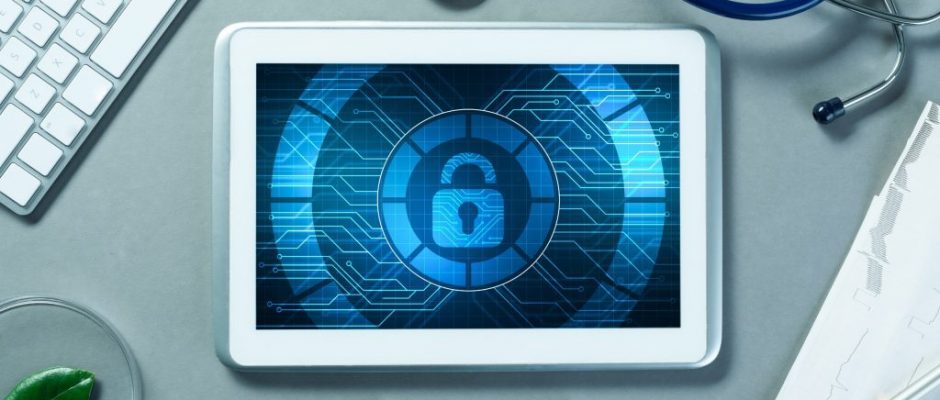The Los Angeles County Department of Public Health has been breached by a cyber-attack that has compromised the personal information of over 200,000 private individuals. This is the latest breach in a series of major cyber-attacks on the healthcare sector.
As with so many breaches, the Los Angeles County breach was the result of a phishing attack aimed at unsuspecting staff. The attack enabled a hacker to gain the log-in credentials of 53 public health employees and subsequently compromised the personal information of 200,000 patients.
According to the LA County Department of Public Health: “The information identified in the potentially compromised e-mail accounts may have included DPH clients/employees/other individuals’ first and last name, date of birth, diagnosis, prescription, medical record number/patient ID, Medicare/Med-Cal number, health insurance information, Social Security Number, and other financial information.”

